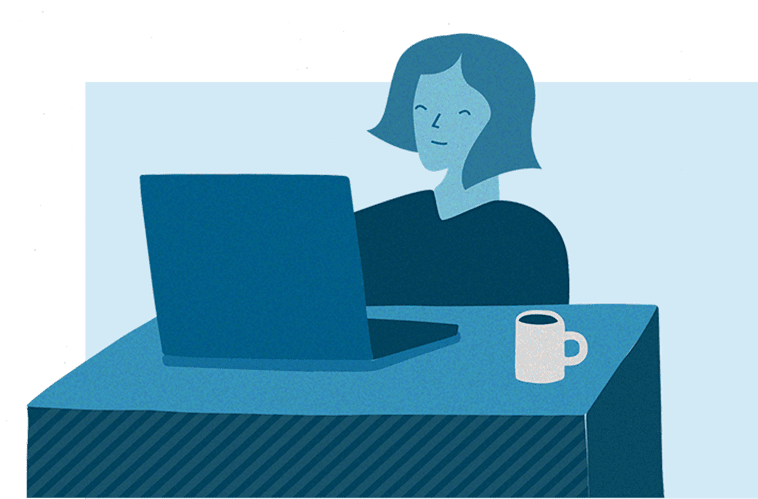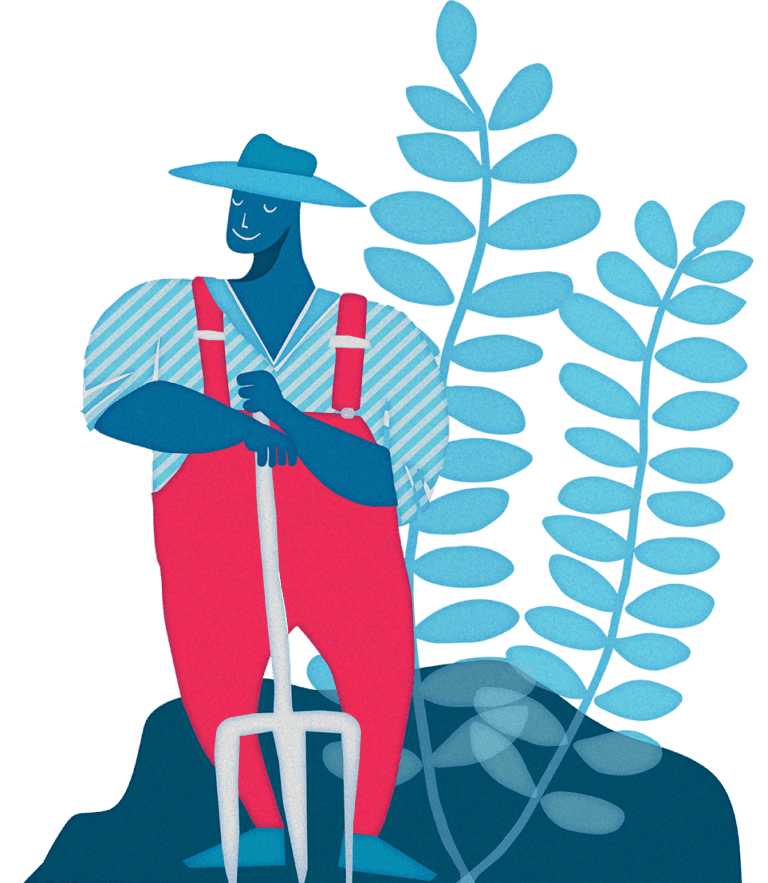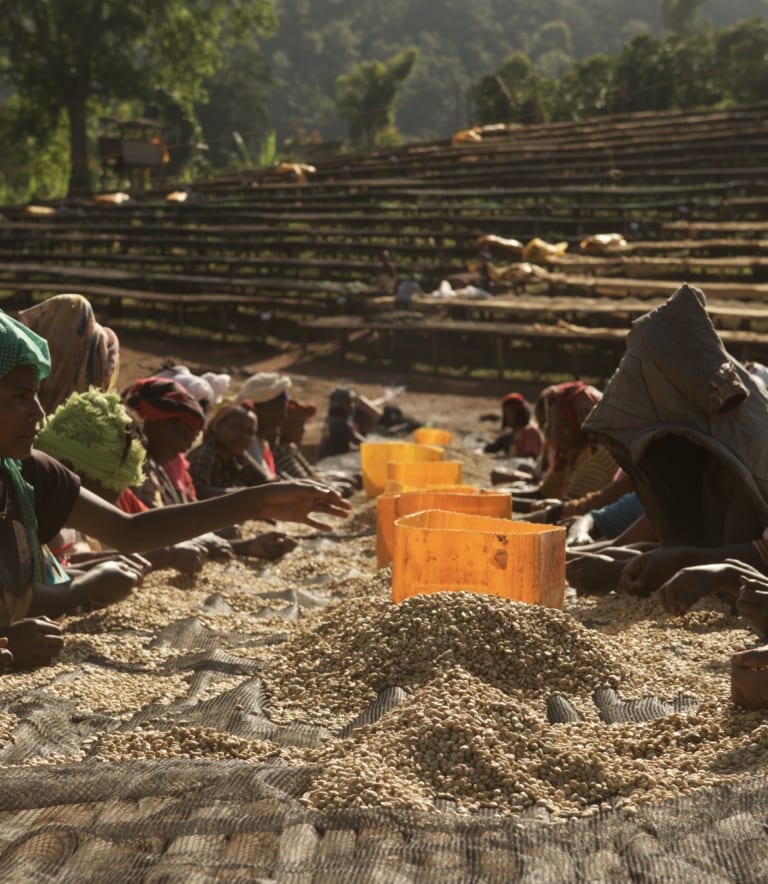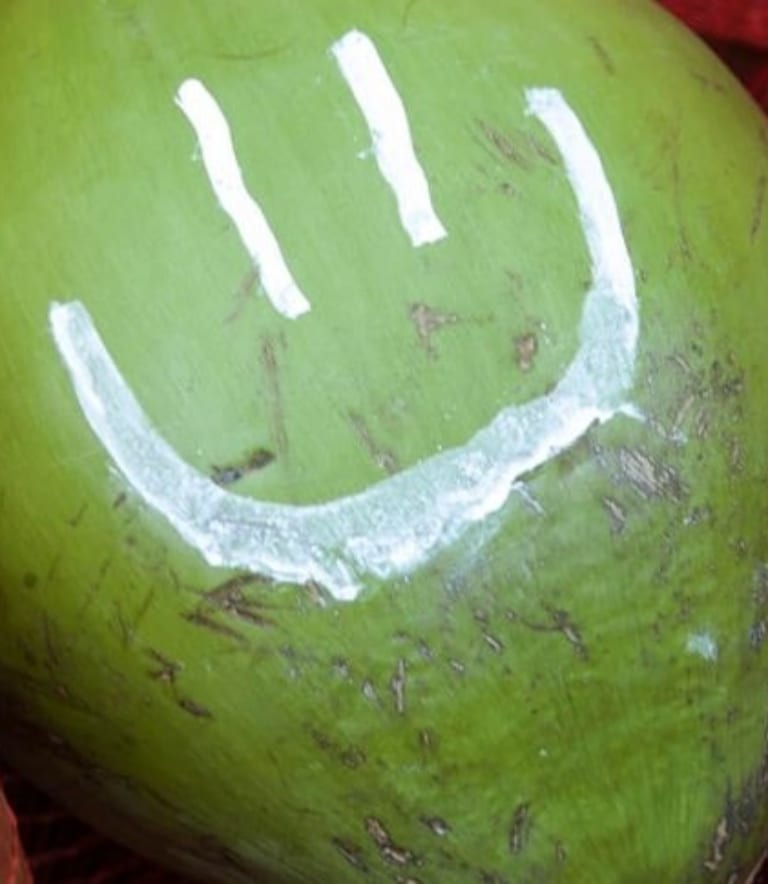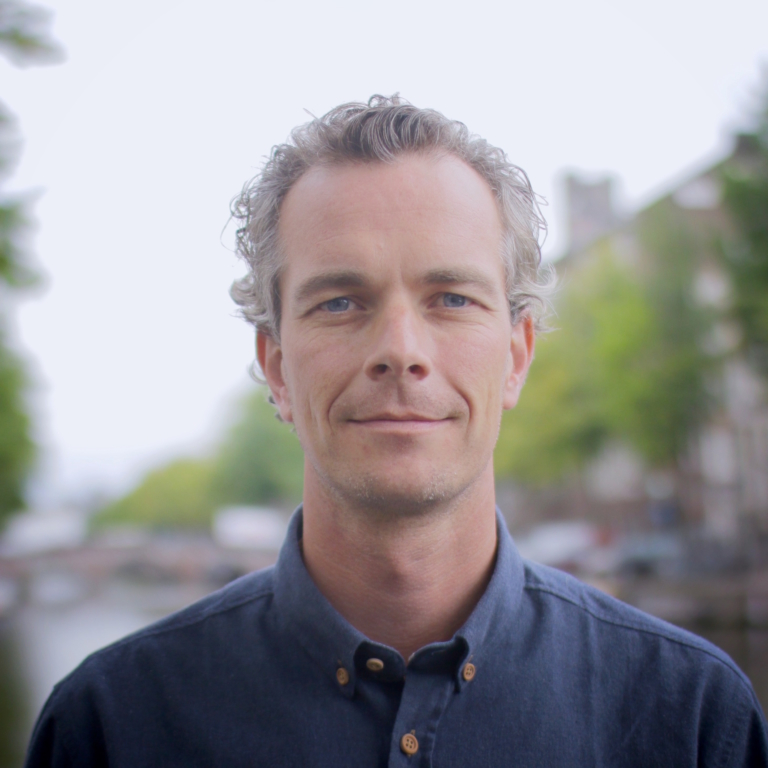Verstegen: tracing nutmeg
Verstegen Spices & Sauces wanted to know: how fair is our nutmeg? Together with Fairfood, they set out to make the story of their nutmeg completely transparent. Social sustainability starts here.
This video cannot be shown because you didn't accept the cookies.
Change choice
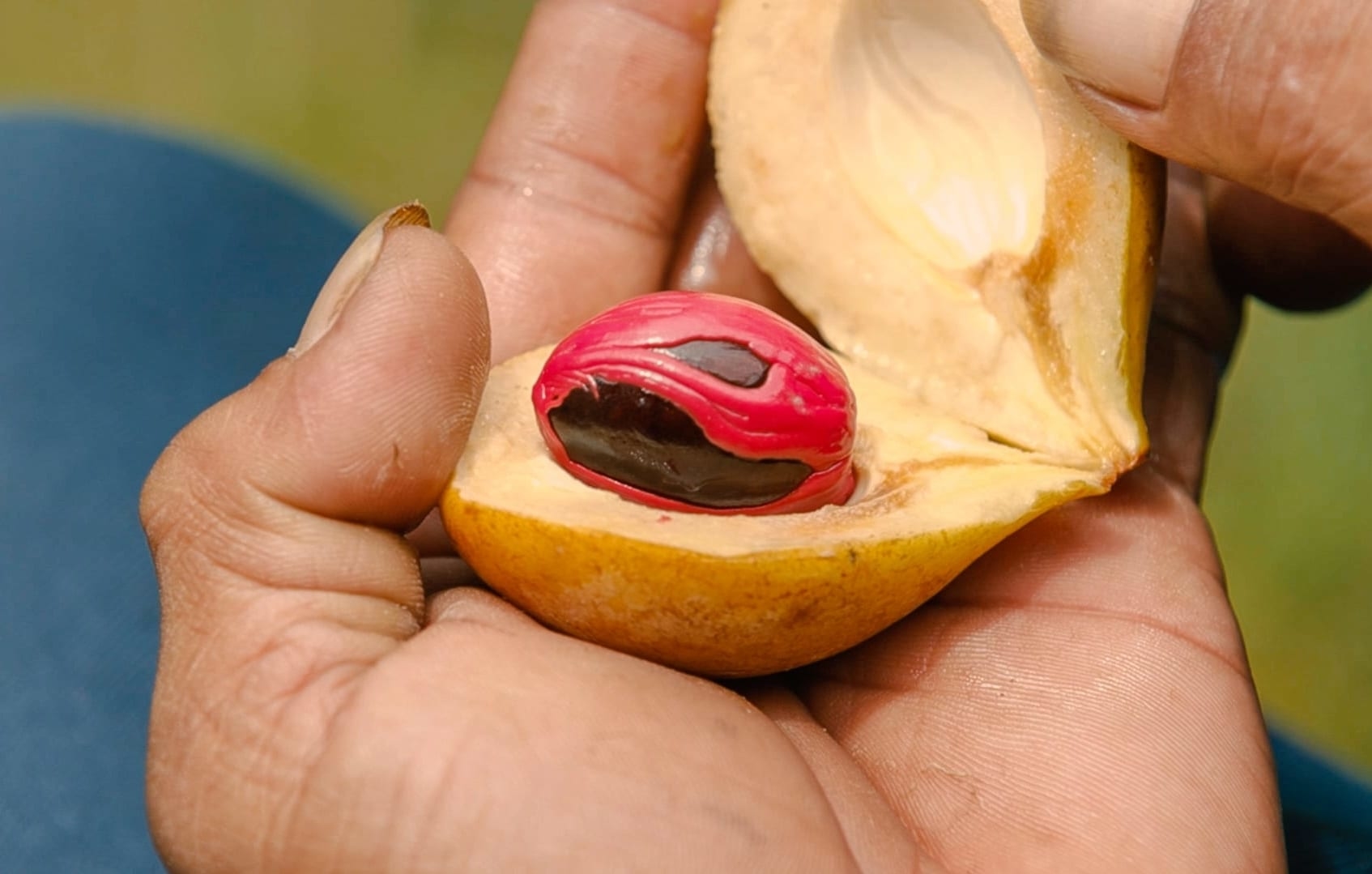
The project
Verstegen Spices & Sauces and Fairfood used the blockchain technology to make the product chain of Indonesian nutmeg transparent. Ultimately, this transparency should give the farmer and consumer greater involvement. The farmer strengthens her or his position by gaining new knowledge about the chain, while the consumer gains insight into price agreements and quality claims. Additionally, research into living income on the Indonesian Sangihe islands (where the nutmeg is grown) was carried out, in order to set a benchmark for Verstegen’s ambitions on social sustainability.
What did we do?
Testimonial
What an honest and sincere outcome of the project. Very beautiful what we are doing. I hope it will get a nice follow-up.
